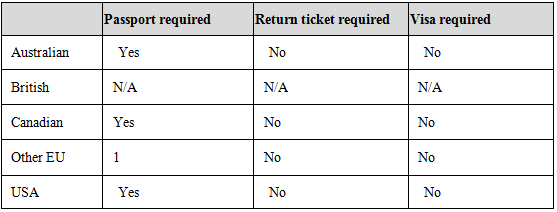��Ŀ����
5���ٶ�Ӣ�������ʦҪ��ͬ��֮�佻�������ģ���������ͬ��д�����¶��ģ������й���10������ÿ��������������������漰һ�����ʵ����ӡ�ɾ�����ģ����ӣ���ȱ�ʴ���һ��©�ַ��ţ��ģ������ڴ˷�������д���üӵĴʣ�
ɾ�����Ѷ���Ĵ���б�ߣ�\��������
�ģ��ڴ��Ĵ��»�һ���ߣ����ڸô�����д���ĺ�Ĵʣ�
ע�⣺1��ÿ���������ľ�����һ�ʣ�
2��ֻ������10�������ߣ��ӵ�11���𣩲��Ʒ֣�
Last Sunday��I went to the market with my mother to buy some freshly vegetables��My mother spent a long time bargaining before she paid for vegetables she had chosen��She wanted to get it at the lowest price because of she thought she could save some money in this way��Before coming back��she cooked such many dishes that we couldn't eat them all��So we had to throw some foods away��As a result��the money we wasted was much than that saved from bargaining��I couldn't help feel concerned��I think the best way to save money was to stop wasting��
���� ���Ľ������Һ�������ȥ���ʱ������͵ļ۸��������ȴ�˷Ѻܶ࣬��������Ҫֹͣ�˷ѣ�
��� Last Sunday��I went to the market with my mother to buy some freshly vegetables��My mother spent a long time bargaining before she paid for��vegetables she had chosen��She wanted to get it at the lowest price because of she thought she could save some money in this way��Before coming back��she cooked such many dishes that we couldn't eat them all��So we had to throw some foods away��As a result��the money we wasted was much than that saved from bargaining��I couldn't help feel concerned��I think the best way to save money was to stop wasting��
1��freshly��Ϊfresh �������ݴʣ��˴����� vegetablesӦ�������ݴʣ����ʵ����߲ˣ�
2��vegetablesǰ��the ����ڴʣ�ǰ���ᵽvegetables��������������ָ��
3��it��Ϊthem ������ʣ�ǰ��vegetablesָ�ܶ��߲ˣ�������them���森
4��ofɾȥ �����ʣ�������ʽ��֪��������һ�����ӣ�������because������
5��Before��ΪAfter �����ʣ����ݾ����֪���˴���ʾ�ڻ���֮��������after��
6��such��Ϊso �������Ӵʣ����ݾ��ӵĹ̶����so��that��ʾ��ˡ������ڣ�
7��foods��Ϊfood �������ʵ�������food��Ϊʳ���Dz��������ʣ�
8��much��Ϊmore ����Ƚϼ������ݾ�ʽ��֪���˴����������Ƚϣ���ʹ�ñȽϼ�more��
9��feel��Ϊfeeling ����ִʣ�couldn't help doing�ǹ̶������ʾ�鲻�Խ���ij�£�
10��was��Ϊis ����ʱ̬���������������ڵ�һ���������ʹ��һ������ʱ��
���� ���ĸĴ��⿼������ᄈ�����������÷�����֪ʶ��������֪ʶ���У����ʣ��������������ʣ�ʱ̬����̬�����䣬ת���������ʣ�ָ���������ݴʺ��ʣ�ת�����Ƚϵȼ��������ʣ�and��but��or���ȣ�ż��Ҳ�ῼ���������籾����her��ȴ����his�ȵȣ�������Ҫע�⣺�Ծ���Ϊ��λ���Զ���Ϊ���ģ�������Ҫ���������������ǰ��ì�ܵĴ����Ҵ���Ҫ�Զ���Ϊ�������ʻ��붯���йصĴ���ռ�˸Ĵ��������Ҫһ���֣�

| A�� | of whom | B�� | for whom | C�� | who | D�� | that |
